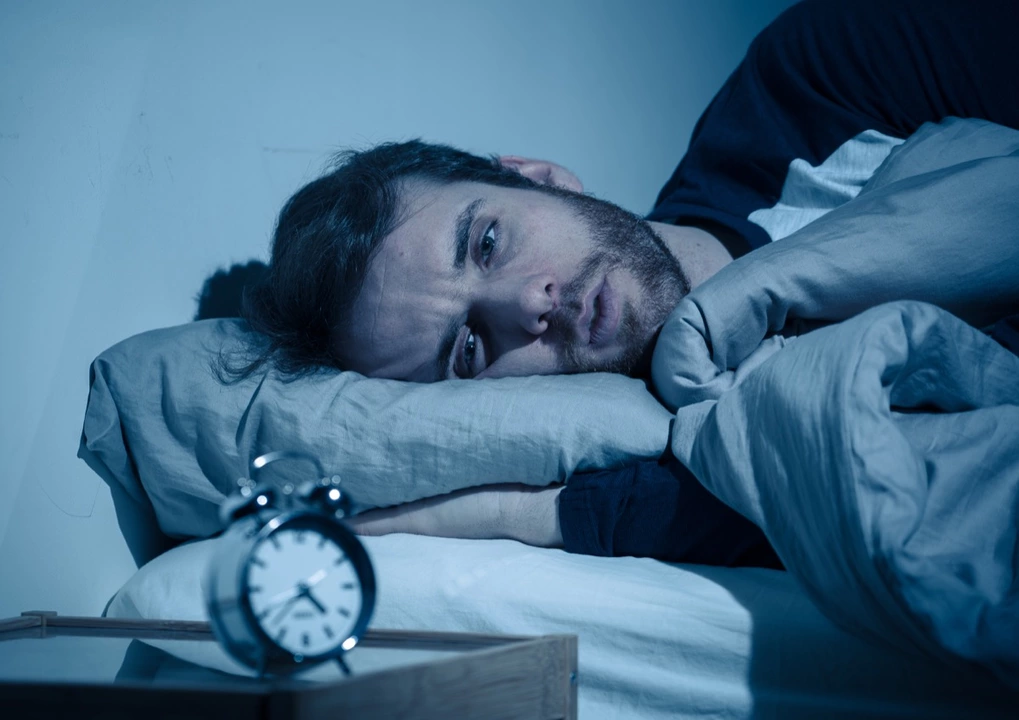Sleep Deprivation – Why It Happens and How to Fight It
If you’re scrolling through your phone at midnight or juggling a crazy work schedule, chances are you’ve felt the drag of not getting enough shut‑eye. Sleep deprivation isn’t just feeling a little tired; it messes with your mood, brain, and even your waistline. The good news? A few easy habits can turn those sleepless nights into solid rest.
What Happens When You Skimp on Sleep
Missing out on the recommended 7‑9 hours sends a cascade of signals through your body. First, your brain’s decision‑making center slows down, so you might make goofy choices or forget simple tasks. Hormones that control hunger get out of whack, often leading to cravings for sugary snacks. Your immune system also takes a hit, making colds easier to catch. Over time, chronic lack of sleep can raise blood pressure and increase the risk of diabetes.
Simple Steps to Beat Sleep Loss Tonight
Start with a wind‑down routine that tells your body it’s time to chill. Turn off bright screens at least 30 minutes before bed – the blue light tricks your brain into thinking it’s still daytime. Instead, read a paperback, listen to calm music, or practice deep breathing for a few minutes.
Next, watch what you sip after dinner. Caffeine can linger for up to six hours, so swap that late‑afternoon coffee for herbal tea or water. Alcohol might make you drowsy at first, but it disrupts the deeper stages of sleep, leaving you groggy in the morning.
Keep your bedroom cool and dark. A room temperature around 65°F (18°C) is ideal for most people. If outside light sneaks in, use blackout curtains or a simple eye mask. The goal is to create an environment where your body can drop its core temperature and stay asleep.
Finally, set a consistent wake‑up time, even on weekends. Your internal clock loves routine, and sticking to the same schedule helps you fall asleep faster and stay asleep longer. If you’re still tossing, get up for five minutes, do something dimly lit, then try again – staying in bed while awake can make your brain associate the mattress with stress.
These tweaks don’t require a major overhaul; they’re quick changes that add up. By giving your body clear cues and protecting your sleep space, you’ll notice better focus, steadier mood, and fewer cravings. Give them a try tonight – your future self will thank you.

